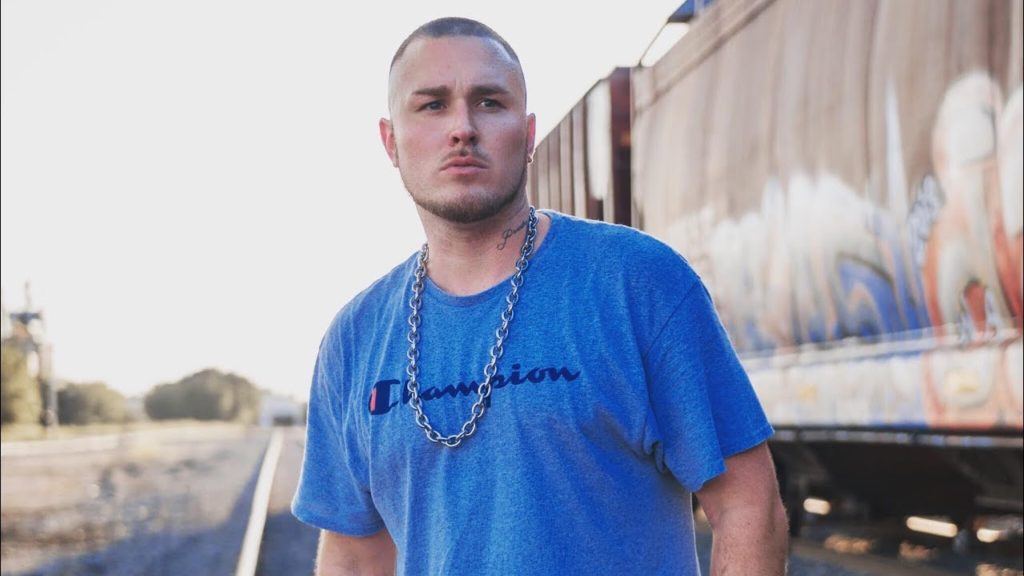Research has now been established to support a three-factor standard for vulnerability to drug addiction that includes: genetic factors, environmental factors, and repeated exposure. Addiction, however, can rarely be attributed to just one cause, and it is important to consider the various factors that may work together to contribute to addiction. Read on to find out more about four major causes of addiction and how to identify, prevent and cope with addiction.
1. Genetics
The link between genetics and addiction remains a topic of strong debate. Reports have found that 40% to 60% of predisposition to addiction is a result of genetics, and furthermore, that the children of individuals who suffer from addiction have a 25% greater likelihood to also develop addiction compared to children of non-addicted parents. Researchers are actively searching for an addiction gene, but it seems more likely that familial trends towards addiction are the result of environmental factors like exposure and normalization of drug use.
Gender is also one of the potential causes of addiction or at least predisposition to addiction. While men have generally been found to have higher rates of addiction than women, a recent study presented by the American Psychological Association suggests that there are other key differences worth investigating. This study found that although women begin using substances at much smaller dosages than men, however, their drug use escalates into addiction much more rapidly than for men. Women also face a higher rate of relapse than men and are more prone to mood and anxiety disorders, and therefore, addiction.
2. Environment
The Nature vs. Nurture argument is relevant to addiction as well. While genetic predisposition is possible although has not been conclusively determined, the environment in which we were raised and continue to thrive in has a huge impact on mental and physical well-being and therefore, is one of the major causes of addiction.
If drug use is common in the home, an individual may become desensitised to it or normalise it. If positive results of drug use are witnessed by children (euphoria, partying, having fun, etc.), they come to understand that using drugs leads to happiness and will naturally want to repeat this behaviour. The other side of the coin can be equally as problematic, however, in that if children experience negative effects of drug use (abuse, unemployment, damaged relationships, etc.) they may become depressed or anxious and turn to drugs as a coping mechanism due to their availability.
3. Our Brain and Body
Thus far we have discussed various genetic, environmental, and social influences that may contribute to the causes of addiction, but we can not ignore the role the brain and body play in the disease of addiction. Whenever you eat, have sex, or partake in any activity that contributes to survival, the brain is flooded with dopamine.
Dopamine is a neurotransmitter or chemical messenger that signals to the brain that what you are doing is good and should be repeated. Drugs cause dopamine to be unnaturally released. When an individual continues to take a drug, the brain will be overwhelmed by the surges of dopamine and subsequently start producing less and less of it on its own. This is the start of physical dependency – a condition in which the user has overridden his or her natural dopamine factory and now needs to continue taking the drug in order to produce dopamine.
Withdrawal is also another bodily effect of drug use that may cause a person to get and remain hooked on a substance. It is the body’s way of saying, Hey! You told me I needed this for survival (not true) and now I’m going to do everything I can to make you keep using it The time it takes for the onset of withdrawal is different for everybody. As a starting point, for most, heroin withdrawal begins within 12 hours of the last dose and can last a week to up to a few months, while alcohol withdrawal usually begins between eight and thirty-six hours after drinking and usually lasts a few weeks.
If you or someone you love is dealing with addiction, our drug and alcohol counselors recommend reading scripture.
JEREMIAH 17:14
Heal me, Lord, and I will be healed; save me and I will be saved, for you are the one I praise.
This verse can be very helpful for addicts who are looking for the strength to continue working to get clean. It can be seen as a prayer for addicts. It also fits nicely with the 12 steps of addiction recovery because it asks God to step in and save the addict from themselves.
JOHN 14:27
Peace is what I leave with you; it is my own peace that I give you. I do not give it as the world does. Do not be worried and upset; do not be afraid.
The loved ones of addicts are often very scared that they will overdose or otherwise injure themselves or even die. John 14:27 can help remind them that they can find peace through their faith. Addicts can also meditate on this verse when they’re feeling afraid.
MATTHEW 11:28-29
Come to me, all of you who are tired from carrying heavy loads, and I will give you rest. Take my yoke and put it on you, and learn from me, because I am gentle and humble in spirit; and you will find rest.
Drug addiction is certainly a heavy load, and many who struggle with it would like nothing more than to put it down and rest. While that’s not an easy task, Matthew 11:28-29 reminds people that Christ will help them shoulder the burdens they struggle with. He offers them rest, even if it’s only temporary.
JAMES 5:15-16
And the prayer offered in faith will make the sick person well; the Lord will raise them up. If they have sinned, they will be forgiven. Therefore, confess your sins to each other and pray for each other so that you may be healed. The prayer of a righteous person is powerful and effective.




